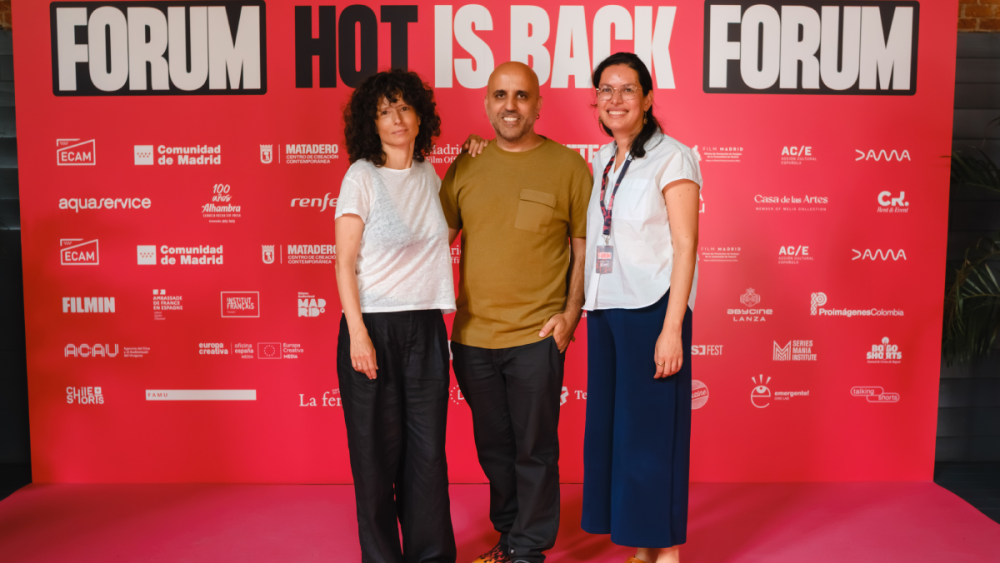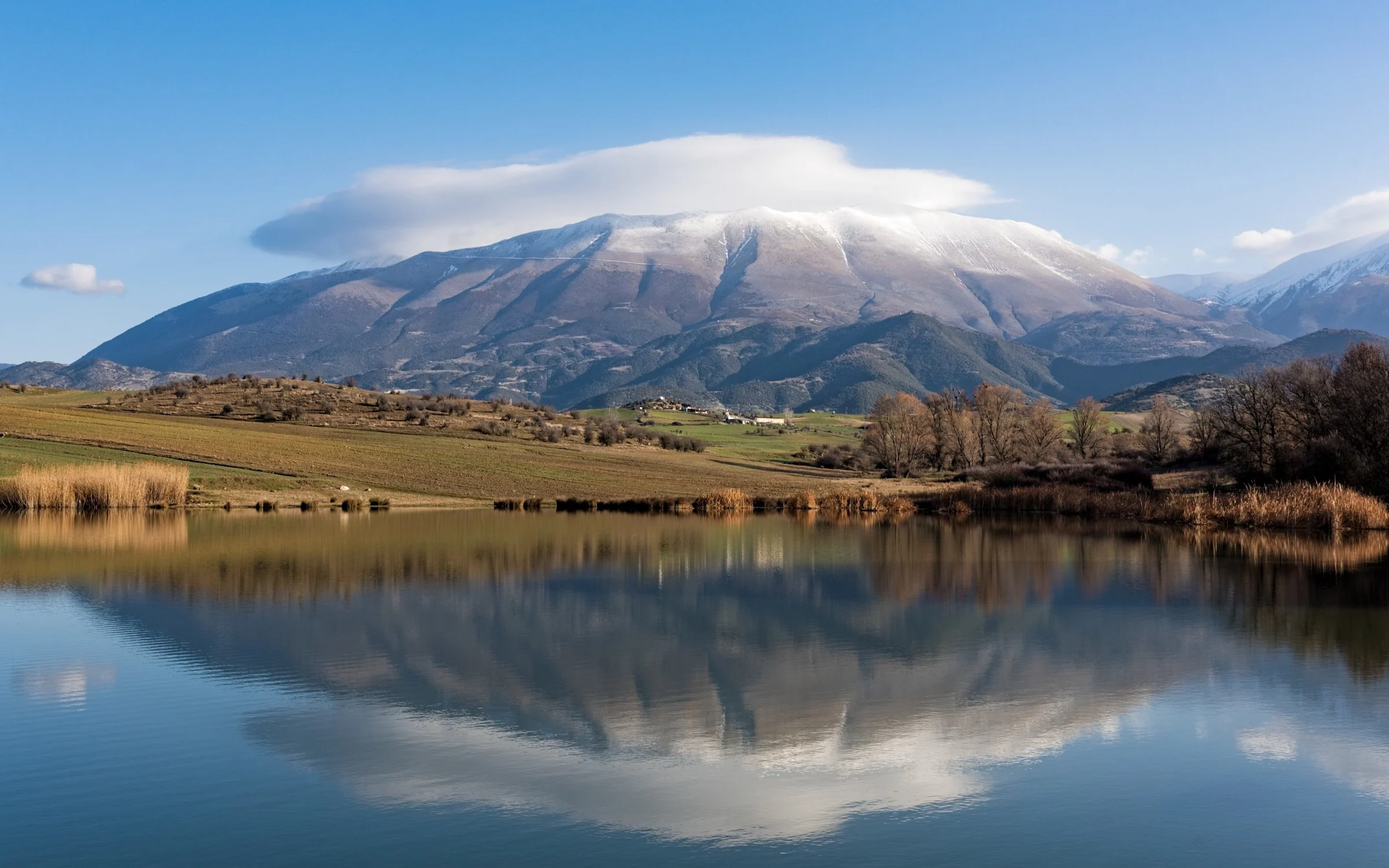
SAN SEBASTIAN – Carmen Jiménez, a writer on Los Javis’ “La Mesías,” makes her fiction feature debut with “I Breathe Fire” (“Respirando fuego”), a drama exploring abuse, power and identity in a same-sex relationship set against the competitive world of haute cuisine. The project is part of the ECAM Incubator, the Madrid Film School’s development program that has become a key launchpad for Spanish first features.
The film follows Berta, a 20-year-old culinary student who falls under the spell of Daniela, a brilliant and magnetic young chef. Their bond, built on shared passion, quickly escalates into an intense but suffocating relationship. Over five years, as Berta’s admiration turns to dependency and eventually to violence, she finds herself trapped in a cycle of control, shame and silence, until a chance encounter with a young woman named Ione awakens the possibility of another life.
“When I looked at films portraying toxic dynamics, I realized most of them are built on a simple dichotomy: aggressor/victim, black/white, man/woman,” Jiménez told Variety. “I also think there’s a lack of representation of toxic dynamics in same-sex couples. We’ve often been too careful when portraying queer characters, avoiding complexity for fear of reinforcing stigma. I believe we’re overdue for a more nuanced approach.”
The director agrees the issue lies with patriarchy, not masculinity. “I want audiences to broaden their understanding of abuse and recognize that it’s far more present than we like to admit. For many victims, it’s extremely difficult to see themselves as victims, precisely because the way abuse is usually portrayed in media and fiction is so polarized. In reality, it’s rarely that clear-cut.” she said.
Haute cuisine acts as backdrop and metaphor. “Haute cuisine is an extremely demanding field, one that blurs the line between life and work. That relentless pursuit of perfection can easily turn into a form of self-abuse,” Jiménez explained. “This culture of pressure, hierarchy, and ambition mirrors the relationship at the heart of the film, where passion becomes control, and the drive for excellence slips into domination.”
The director cites Todd Field’s “Tár” and Luca Guadagnino’s “I Am Love” as key influences, as well as Paweł Pawlikowski’s “Cold War” and Mia Hansen-Løve’s “Goodbye First Love.” “Those films inspire me in how to handle time, sustain tension, and transform intimate stories into epics,” she said. Her work on “La Mesías” left a mark. “Witnessing Los Javis’ process was invaluable. Their ability to trust intuition and show compassion for flawed characters is something I aspire to carry into my own work.”
Produced by David González Marcelo and Tatiana Villacob at Seville’s La Filmahora, I Breathe Fire carries a €2.32 million ($2.7 million) budget and is currently seeking financing. “From the very beginning, Carmen’s vision resonated deeply with us,” said González. “Her approach to such a delicate subject as abuse, with nuance and without fear of complexity, felt unique. Placing the story in a highly cinematic world like haute cuisine added an extra layer of tension and originality.”
For Villacob, the film’s mix of intimacy and universality is its strength. “We believe the film has strong potential in major international festivals, especially in sections that highlight new voices and daring narratives,” she said.For Jiménez, the project is ultimately about freedom. “Berta’s journey is about redefining success,” she said. “She has to strip away external expectations and reconnect with what she genuinely loves about cooking. By freeing herself from imposed ideals, she begins to find her own way, her own voice. I hope the film encourages audiences to reflect on their own lives and ask: Does the way I’m spending my days really make sense to me?”



